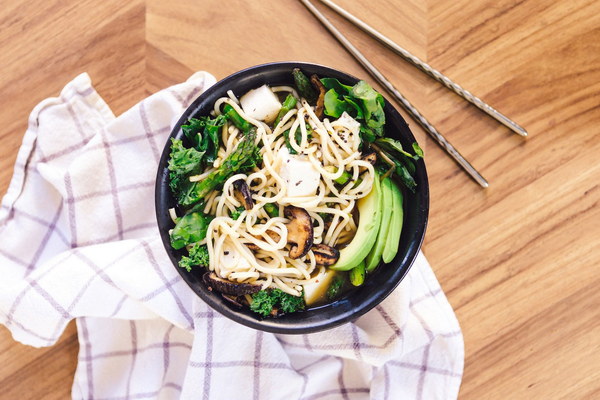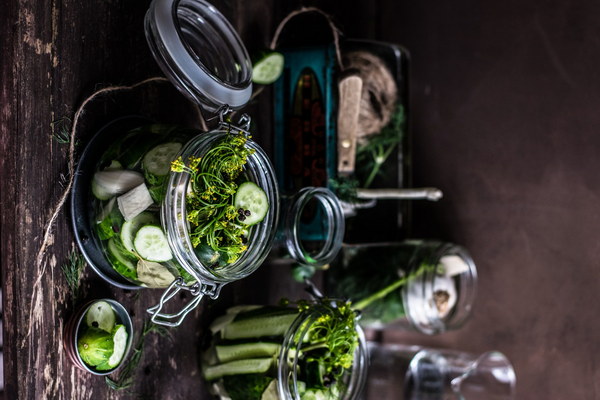Embrace the Winter Solstice Enhance Your Health with Traditional Chinese Medicine Practices
The Winter Solstice, also known as Dong Zhi, is one of the most significant traditional Chinese festivals. It marks the shortest day and longest night of the year, and it is believed that this day holds great importance for our health and well-being. In this article, we will explore the traditional Chinese medicine (TCM) practices that can help you embrace the Winter Solstice and enhance your health.
1. Understanding the TCM Perspective on Winter Solstice
In TCM, the Winter Solstice is considered a time when the body's energy (Qi) is at its lowest point. It is essential to take care of yourself during this period to prevent illnesses and maintain health. According to TCM, winter is the season associated with the element of water and the kidney organ, which is responsible for storing and regulating the body's essence and energy.
1.1 Nourishing the Kidneys
To maintain kidney health during the Winter Solstice, it is crucial to focus on warming and nourishing the kidneys. Here are some TCM practices to help you achieve this:
a. Stay warm: Dress warmly to protect yourself from the cold weather. Avoid getting chilled, especially your feet and hands.
b. Eat kidney-nourishing foods: Incorporate foods such as kidney beans, walnuts, black sesame seeds, and goji berries into your diet. These foods are believed to boost kidney energy and improve overall health.
c. Practice gentle exercise: Engage in mild, low-impact exercises like tai chi, qigong, or walking to help stimulate the kidney energy and promote blood circulation.
1.2 Balancing Yin and Yang
The Winter Solstice is the time when the natural world transitions from yin (dark, cold) to yang (light, warm). To maintain balance within your body, follow these guidelines:
a. Sleep: Ensure you get adequate rest during this period. According to TCM, going to bed early and waking up late can help you align with the natural rhythms of the season.
b. Limit cold and raw foods: Avoid consuming cold and raw foods, as they can disrupt the balance of yin and yang in your body. Instead, opt for warm, cooked meals that are easy to digest.

c. Practice self-massage: Massaging specific points on your body, such as the kidneys and spleen, can help balance the yin and yang energies. Consult a TCM practitioner for guidance on proper self-massage techniques.
2. Other TCM Practices for Winter Solstice
2.1 Acupuncture
Acupuncture is a traditional Chinese medicine technique that involves inserting fine needles into specific points on the body. This therapy can help boost your immune system, alleviate stress, and improve overall health. During the Winter Solstice, consider visiting a licensed acupuncturist to address any imbalances and strengthen your body's defenses.
2.2 Herbs and Supplements
Herbal remedies and supplements can support your body during the Winter Solstice. Some commonly used TCM herbs during this season include:
a. Astragalus: Known for its immune-boosting properties, astragalus can help protect you from colds and flu.
b. Reishi: This mushroom is believed to enhance energy, reduce stress, and boost the immune system.
c. Cordyceps: Known for its rejuvenating effects, cordyceps can help increase stamina and improve respiratory function.
3. Conclusion
The Winter Solstice is an excellent opportunity to incorporate TCM practices into your daily routine to enhance your health and well-being. By following these TCM guidelines, you can embrace the season's energy and ensure a healthy transition into the colder months ahead. Remember, it is always best to consult with a TCM practitioner before starting any new treatment or therapy.









